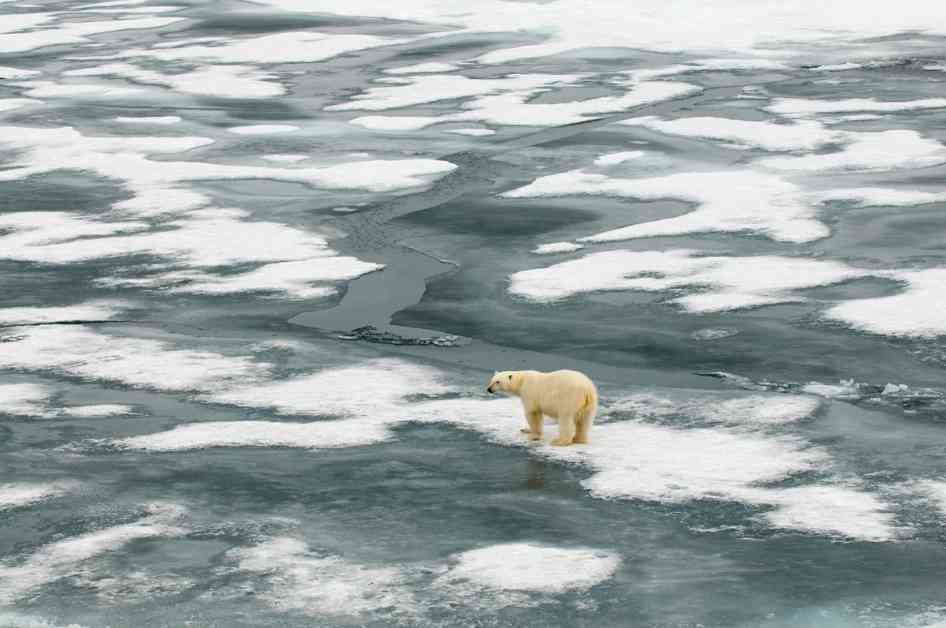Arctic Ice-Free Predicted Within Years: What Does This Mean?
The Arctic is on the brink of a monumental shift that could have far-reaching consequences for our planet. Scientists are sounding the alarm, warning that the Arctic Ocean could see its first ice-free day within the next few years. This dire prediction comes as a result of continued greenhouse gas emissions and the escalating impacts of climate change.
The Impending Crisis
According to a recent study published in Nature Communications, the Arctic is at risk of losing its sea ice cover sooner than previously thought. The research, based on climate models, suggests that the only way to prevent this catastrophic event is to drastically cut emissions in line with the Paris Agreement’s most ambitious goal of limiting global warming to 1.5 degrees Celsius. However, current climate pledges put us on track for over 2.6 degrees of warming by the end of the century, making the prospect of an ice-free Arctic increasingly likely.
The Perfect Storm
Climate scientist Alexandra Jahn warns that a perfect storm of weather and climate conditions could lead to the Arctic’s first ice-free day by 2027. Unusually warm temperatures, high-pressure weather systems, and stormy conditions could all contribute to the rapid melting of sea ice, paving the way for this catastrophic event. While the exact timeline remains uncertain, the study indicates that it could happen within the next three to six years if conditions align.
A Call to Action
Despite the grim outlook, there is still hope for the Arctic’s future. Jahn emphasizes the importance of taking immediate action to reduce greenhouse gas emissions and limit the extent of sea ice loss. Even if we miss the 1.5-degree target, every effort to mitigate climate change will have a significant impact on the Arctic’s long-term survival.
As we grapple with the implications of an ice-free Arctic, it’s clear that the time to act is now. The fate of this fragile ecosystem rests in our hands, and the choices we make today will shape the future of our planet for generations to come. Will we rise to the challenge and protect the Arctic, or will we stand by as one of the world’s most iconic landscapes disappears before our eyes?




